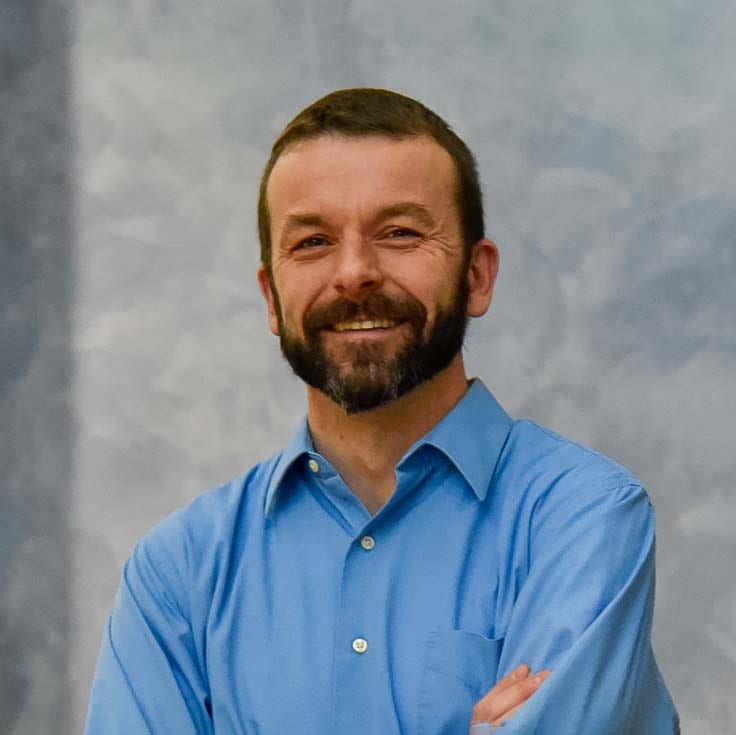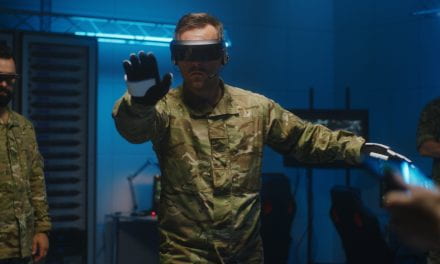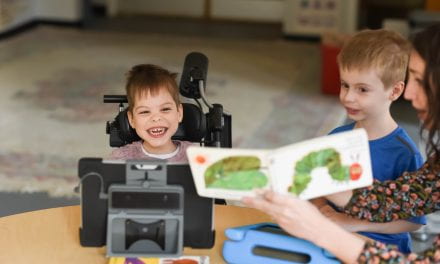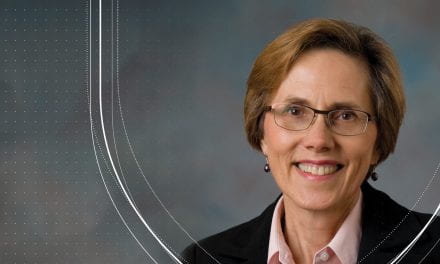The three-legged stool: Service, education, and research
Therapeutic fun and storytelling
Reveal the answer
Though this joke may induce groans, it elicited laughter during a session of the ‘Memory Lane’ program, which is designed to stimulate the memory and voices of residents of an assisted living facility in State College.
Each semester, master’s-level speech-language pathology students from Penn State’s Speech, Language, and Hearing Clinic develop sessions for Memory Lane that are designed to stimulate the memories, thinking, and language production of assisted-living residents who have some level of difficulty with memory or cognition. The activities are designed to provoke personal memories and reminiscences so that participants rebuild or retain their memories and language skills.
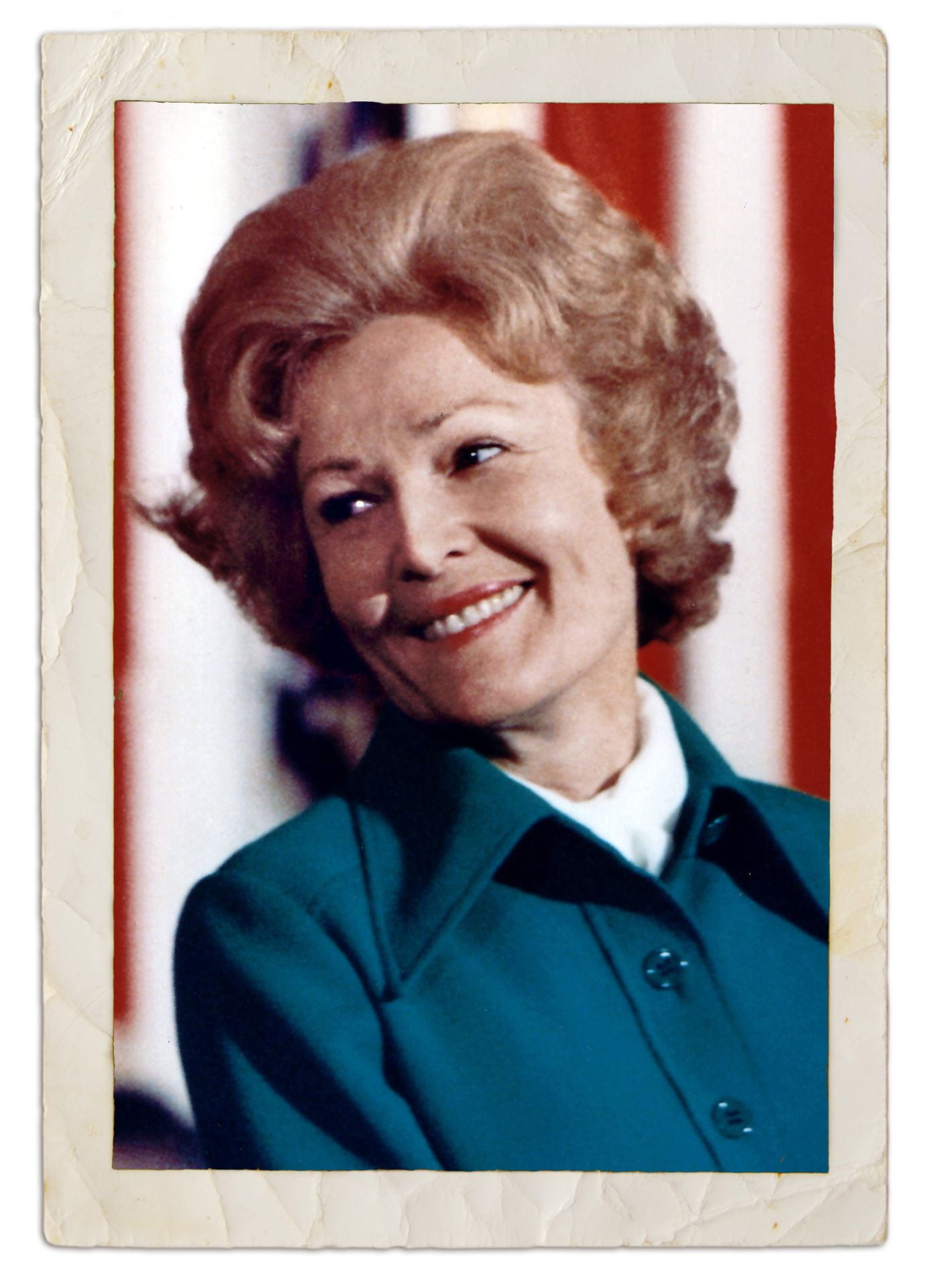
Pat Nixon
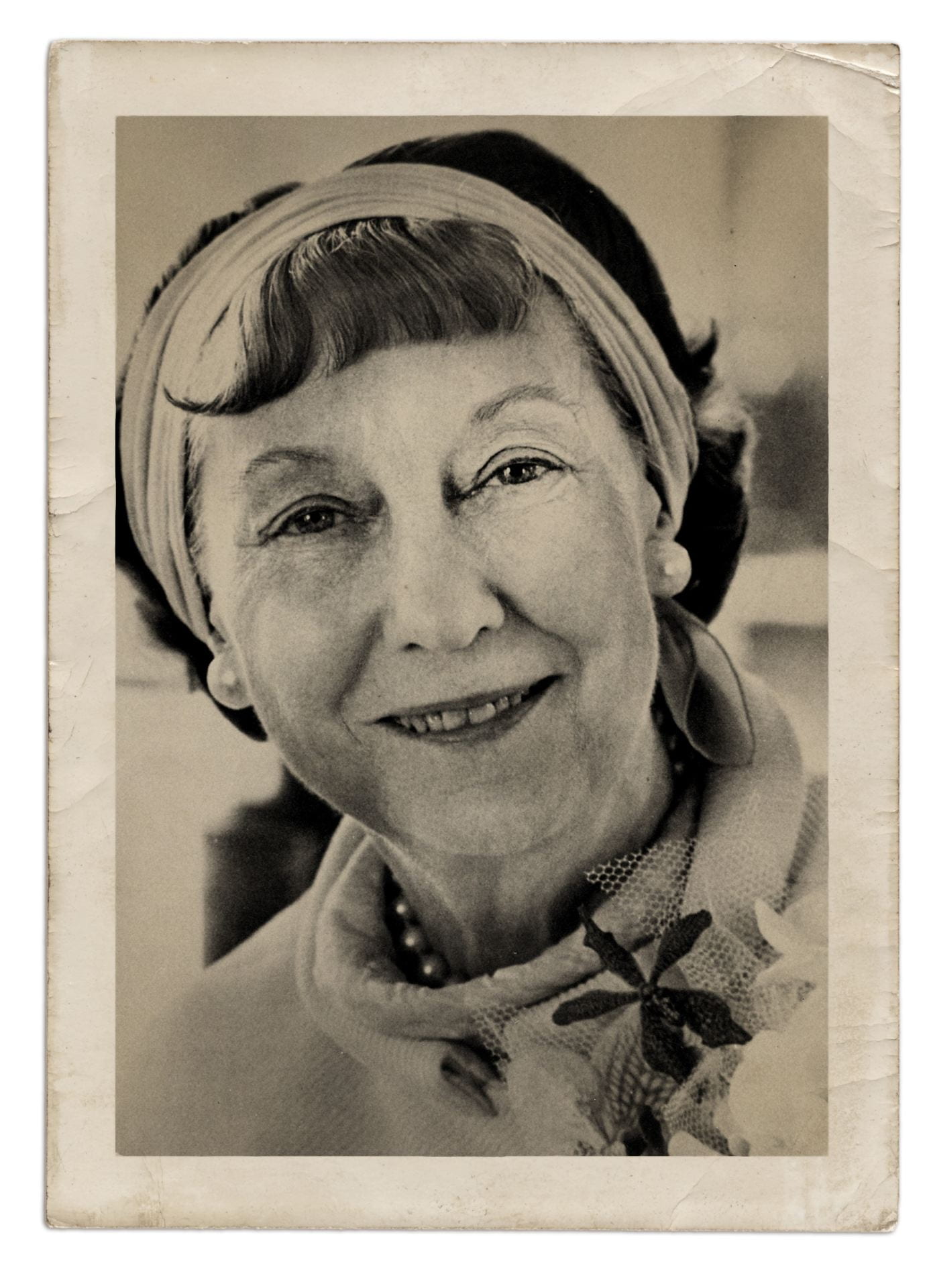
Maimie Eisenhower
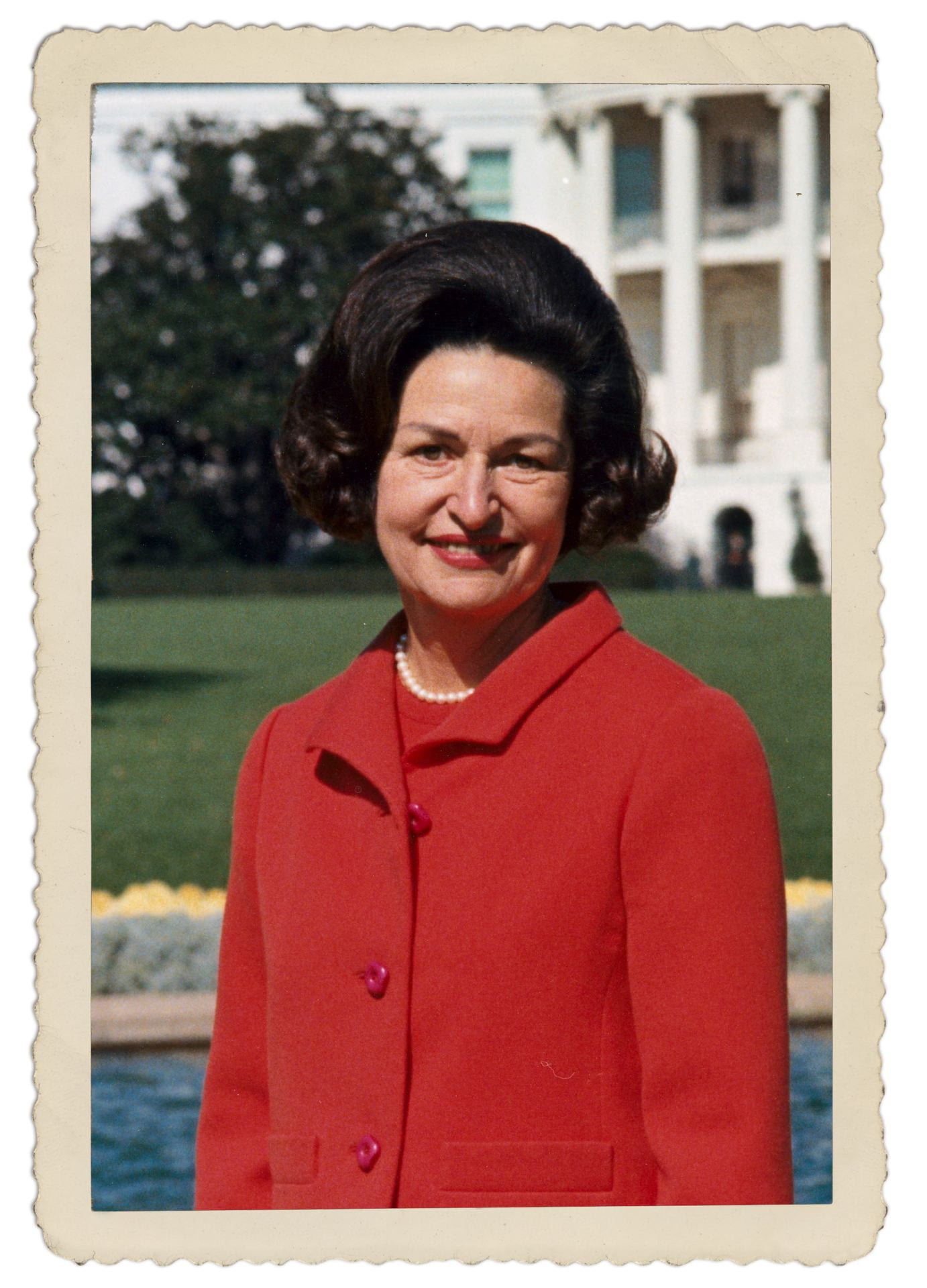
Lady Bird Johnson
During a Memory Lane session around Presidents’ Day this past February, the students showed the residents slides with pictures of some of the nation’s first ladies from the 50s, 60s, and 70s, including Pat Nixon, Maimie Eisenhower, and Lady Bird Johnson. The residents were asked to recall the women’s names and the names of the Presidents to whom they were married.
The sessions also include jokes, like the one above. According to Anne Marie “Kitty” Kubat, clinical supervisor and associate teaching professor of communication sciences and disorders, the time spent reminiscing and joking is designed to engage residents and stimulate them to share stories about their lives.
Service, education, and research
The Speech, Language, and Hearing Clinic has always served the community, but it also contributes to Penn State’s research and educational missions. The research and education conducted through the clinic have—in turn—improved the services available to the public.
Master’s degree students who are training to become speech-language pathologists must complete 375 supervised clinical hours to become nationally certified. These students perform evaluations and consultations in the clinic, and schools and medical facilities throughout the region. While residents of central Pennsylvania benefit from the screenings and other services, students gain critical experience for their careers.
“Whenever one of the residents has a memory they want to share, we always take time to listen. This is more powerful than many people understand.”
– Anne Marie “Kitty” Kubat
clinical supervisor and
associate teaching professor
Additionally, some of the services available through the clinic exist because of research conducted by students and faculty. Kubat collaborated with Nicole Etter, associate professor of communication sciences and disorders, to develop the ‘Memory Lane’ program at Juniper Village, a local State College assisted-living facility.
According to Kubat, the act of telling stories is healthy in a number of ways.
“Whenever one of the residents has a memory they want to share, we always take time to listen. This is more powerful than many people understand. There are clear clinical benefits to recalling words that may not have been used for a while, accessing memories, and using your voice. Just like physical exercise helps the body retain and build capacity, exercising your memory and voice has benefits, as well.


“There is an additional human element,” Kubat continued. “When someone shares a memory out loud, and everyone stops and pays attention to them, they feel important. They are important. This contributes to people’s sense of their value and well-being, and those are as important as their memory and ability to communicate.”
The students, meanwhile, gain a variety of skills from planning and conducting the classes. They learn how to plan for, document, and administer a class. They also learn the vital skill of working with a group. Additionally, they generally learn a lot by interacting with older adults and acquire general knowledge about life in the United States before they were born. According to Kubat, this experience better prepares them to work in community settings as speech-language pathologists.
Beyond the benefits to students and residents of assisted care facilities, this intersection of scholarship, practice, and education has been documented and presented at professional conferences. By making the clinic’s programs available to other speech-language pathologists, the clinic provides tools available to speech-language pathologists and audiologists around the world.
Facilitating communication and connection
Diane Williams, department head and professor of communication sciences and disorders, said that all of the work through the clinic enriches both the service providers and the people they serve.
“There is a rich sense of humanity to the work that occurs across the clinic and, really, across our entire discipline,” said Williams. “To help a person develop, retain, or recover their capacity to communicate and interact meaningfully with others is profound. Humans rely on communication to create and activate our connections with other people, and those connections are central to what makes us human. Though I am undoubtedly biased, I cannot think of a better career than supporting and developing people’s capacity to connect with others.”
Photo Credits
First lady photos:
- Pat Nixon: “PatNixon” by Unknown author, licensed under CC BY-SA 3.0.
- Maimie Eisenhower: Richard Nixon Library., Public domain, via Wikimedia Commons
- Lady Bird Johnson: Robert Knudsen, White House Press Office (WHPO), Public domain, via Wikimedia Commons
Photos (2): photo by 1. miodrag ignjatovic, 2. Prostock-Studio via Getty Images


